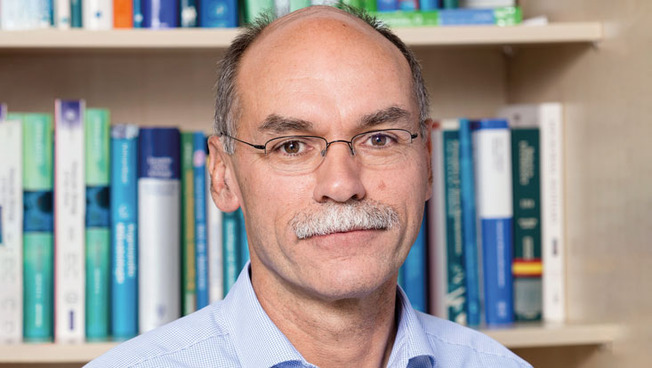17 June 2024
€1.9 million for collaborative projectBiodiversity in Water Indicative for Human Health

Photo: Universität Hamburg, RRZ/MCC, Mentz
The researchers in the Department of Biology will take samples from sewage streams in Hamburg and analyze microbial species diversity. The composition is primarily determined by humans, for example, from the increasing use of antibiotics that destroy other bacteria in the water or lead to resistance. Furthermore, more and more toxins, plasticizers, and microplastics are entering water cycles and changing biodiversity. Climate change is only intensifying these developments.
The members of the research collaboration Molecular Monitoring of Bacterial Biodiversity in the Water Cycle (MOMOBIO) now want to find out which minute organisms can be found at which places in Hamburg’s water. They will use bioinformation-related analytical methods and conduct, for example, molecular-genetic studies to create a comprehensive data set to determine the species diversity. In combination with modeling approaches in ecology, the monitoring project should also provide an indirect measurement of human and animal health.
“Even before the corona pandemic it was clear that human sewage is a very good indicator, for example, to predict the spread of disease in the population. We want to use this project to develop an instrument for Hamburg that enables us to make reliable statements about health issues on the basis of the analysis of the aquatic microbiome,” explains the project’s coordinator, Prof. Dr. Wolfgang Streit, head of Microbiology and Biotechnology at Universität Hamburg. The goal, he continued, is a multi-disciplinary long-term monitoring of microbial biodiversity changes.
To achieve this, MOMOBIO research groups at Universität Hamburg, the University Medical Center Hamburg-Eppendorf, Hamburg Wasser, Hamburg’s supervisory institute for hygiene and the environment, and the NGO Life Science Nord have joined forces. Following a year of planning, MOMOBIO received €1.9 million for the next 3 years in the funding line BiodivGesundheit—Exploring the Links between Biodiversity and Human Health coordinated by the Federal Ministry of Education and Research.
